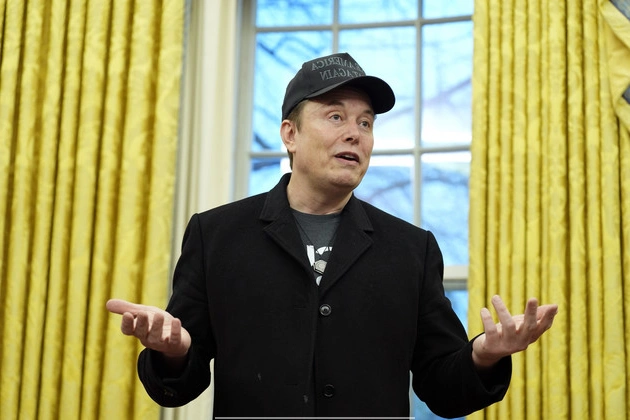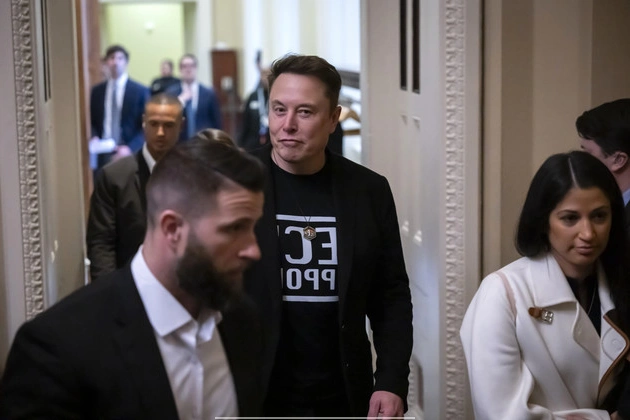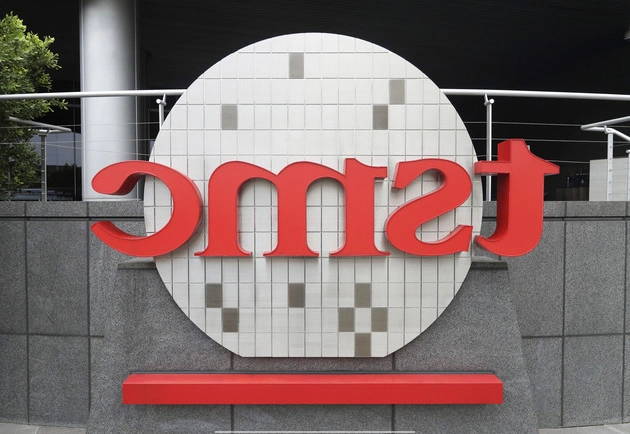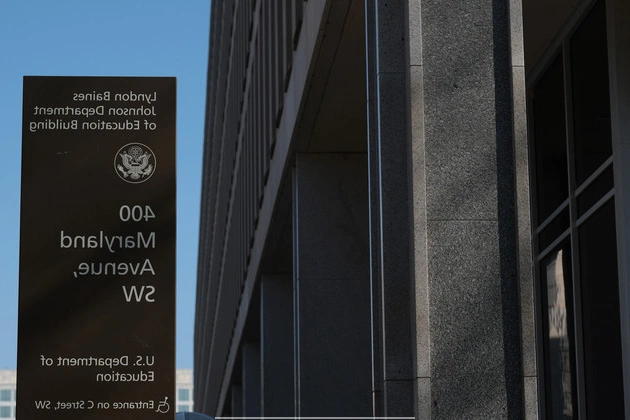
Elon Musk’s unique family dynamics have stirred controversy among conservative family-values advocates, sparking a potential rift within the powerful Republican coalition of 2025.
Conservative influencer Ashley St. Clair recently claimed to be the mother of Musk’s alleged 13th child, triggering criticism from unexpected quarters—the conservative right. This incident highlighted a deeper ideological divide, with commentators like Bethany Mandel and Jon Root questioning Musk’s adherence to traditional family values.
The Clash of Ideologies
Matthew Schmitz, editor of Compact magazine, pointed out the clash between Musk’s genetic-determinist ideology and the more traditional, marriage-centric conservatism. This tension reflects a broader shift in the Republican coalition, with tech leaders like Musk challenging established norms.
The evolving landscape of the Trump 2.0 coalition signifies a departure from the past, with Vice President JD Vance supporting Musk’s vision over conventional conservatism. This shift underscores the growing influence of Silicon Valley in reshaping political alliances.
The Transhumanist Vision
Experts like Alexander Thomas draw parallels between Musk’s transhumanist ideals and longtermist philosophies, emphasizing the quest for a superior future through genetic legacy. This futuristic outlook, shared by luminaries such as Sam Altman, envisions a symbiotic relationship between humans and technology.
While Musk’s ambitions may seem grandiose, they resonate with Silicon Valley’s ethos of innovation and progress, setting the stage for transformative advancements in various fields.
Implications for Conservative Politics
The divergence between Musk’s transhumanist narrative and traditional conservative values poses challenges for the Republican Party’s cohesion. As debates over reproductive rights and bioethical issues loom, the ideological rift within the coalition could deepen.
Compact’s critique of Musk’s quasi-eugenic stance underscores the broader societal implications of his unorthodox beliefs. The intersection of biohacking, utilitarianism, and conservatism raises fundamental questions about the future direction of the party.
Future Perspectives
As Musk’s influence expands into policy realms, the compatibility between his futuristic agenda and the religious right’s core values will come under scrutiny. The evolving dynamics within the Republican administration hint at potential conflicts over ideological differences.
While the current focus may be on geopolitical challenges, the ideological clash between Musk’s vision and traditional conservatism could reshape the political landscape in unforeseen ways, emphasizing the need for nuanced discourse and strategic alignment.
This analysis originally appeared in Digital Future Daily, offering insights into the evolving relationship between technology and governance.















